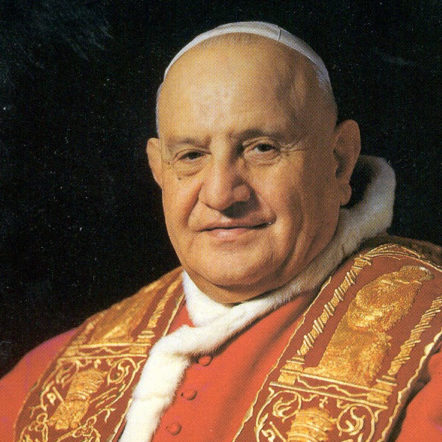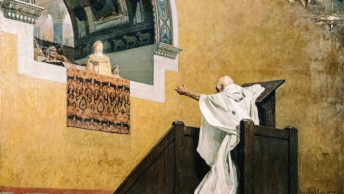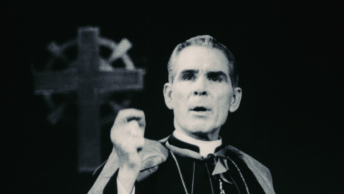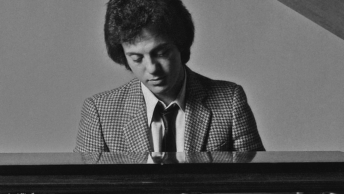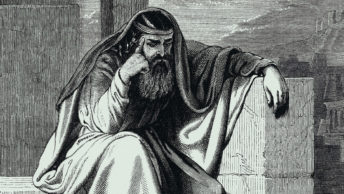Our form of government in the United States is surprisingly compatible with the long-standing social teaching of the Catholic Church.
St. Pope John XXIII, in his encyclical letter, “Peace on Earth”, teaches, “Authority must be guided by the moral law. All of its dignity derives from its being exercised within the context of the moral order…This order has no existence except in God; cut off from God it must necessarily disintegrate.” (Compendium of the Social Doctrine of the Catholic Church, pg. 200)
We hold these truths to be self-evident, that all men are created equal, that they are endowed by their Creator with certain unalienable Rights, that among these are Life, Liberty and the pursuit of Happiness.
Unalienable Rights. “Authority must recognize, respect and promote essential human and moral values. These are innate and “flow from the very truth of the human being and express and safeguard the dignity of the person; values which no individual, no majority and no State can ever create, modify or destroy. (Compendium, pg. 200)
These values are determined by the objective moral law, the natural law written in the human heart. (Rom 2:15)
“That to secure these rights, Governments are instituted among Men, deriving their just powers from the consent of the governed.”
St. Pope JP II, in his encyclical, “Centesimus Annus”, reflecting on the 100th anniversary of Pope Leo XIII’s “Rerum Novarum”, reiterated “The Church values the democratic system inasmuch as it ensures the participation of citizens in making political choices, guarantees to the governed the possibility both of electing and holding accountable those who govern them, and of replacing them through peaceful means.” (Compendium pg. 205)
Happy Independence! David Seitz, OFS

